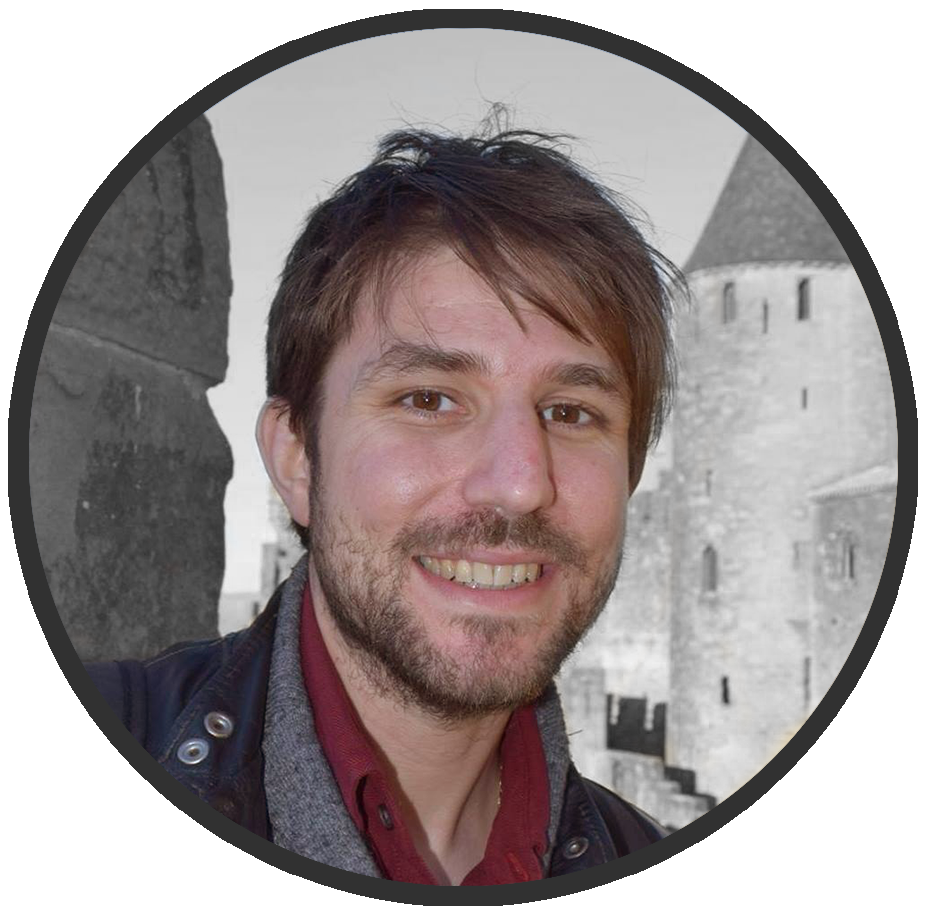
Postdoctoral Researcher
Biography
My background is rooted in an interdisciplinary mix of mathematics, computer science, and biology. Such a unique background allows me to apply the latest state-of-the-art data analysis techniques from machine learning to neural data sets, while mathematically modeling the underlying neuronal networks. I began my scientific career at Carnegie Mellon University as an undergraduate training under computational neuroscientists at the Center for the Neural Basis of Cognition, taking several classes on neural modeling, and statistical models of natural stimuli. Both of these are core skills necessary for the first specific aim of the proposal. In addition, I took courses in machine learning from the computer science department, finally earning my B.S. in Computer Science with Research Honors and a minor in theoretical neuroscience.
From this strong background I began a Masters degree in Neurobiology & Behavior at University of Washington, Seattle so as to become better acquainted with neurophysiology and molecular neuroscience. I also expanded my skills in neural modeling by training under Drs. Rajesh Rao and Adrienne Fairhall on population-level and single-neuron conductance-based modeling, culminating in a Master’s thesis on population-level modeling of LIP neurons used to make complex sensory-motor decisions in a motion-discrimination task. This research experience will allow me to have a strong foundation for implementing the complex large-scale conductance-based thalamocortical model described in this proposal. Along the way I also learned more machine learning algorithms and collaborated with Drs. Andrew Guillory and Jeff Bilmes on adaptive classification algorithms.
During my PhD in Computer Science I aimed to improve my skill at mathematical modeling and analysis, deciding that I needed a stronger background in proofs and analysis of dynamics and data analysis algorithms. As such, after training with Dr. Michael Littman on machine learning methods for complex state-dependent classification tasks, I started my dissertation under the supervision of Dr. Eric Allender. Dr. Allender is a world-renowned expert in the mathematical analysis of computer circuits, and from him I learned a great deal that can be used to analyze neuronal circuits, as will be necessary in this proposal. During my dissertation I became an expert in a class of dynamics called Multiplicative Weight Updates (MWU). These dynamics have applications in many machine learning applications, including AdaBoost (used for face recognition), communal rating algorithms, and more. However, my primary application area was biological modeling. With Dr. Christos Papadimitriou I used MWU and its mathematical properties to prove novel results about dynamics used in population genetics, resulting in two papers, one for the ACM proceedings of the Innovations in Theoretical Computer Science conference and one for the Proceedings of the National Academy of the Sciences. Then I used the same dynamics to show that another model of population genetics, the Rivoire-Leibler model, captures a theory of communication called universal semantic communication theory, proving the conjecture of the original authors. The publication that resulted is in the IEEE Transactions of Molecular Biology and Multi-scale Communication. Finally, using MWU I proved that learning during the lifetime speeds up ordinary population genetics, proving a long-standing conjecture in population genetics. The work resulted in a publication in Frontiers in Neurorobotics. The research experience in my dissertation allowed me to develop a strong expertise in the analysis of complex dynamical systems and machine learning algorithms. Both of these skill sets will serve me well in implementing the proposal, which focuses on analyzing and understanding a large-scale neural model and analyzing neural data. During this time, I also trained under Dr. Carl Bergstrom and Dr. Nina Fefferman as a network scientist.
Research Interests: Computational neuroscience, Theoretical population biology, Theory of computer science
Awards
Marie Skłodowska-Curie 2018 fellowship recipient (received award but declined for current position)
Fellowship for Collegium Institute seminar, “Magi Project. Seeing Reality: Conversations in Science, Faith, and Philosophy” (2017)
Honorable mention for Bevier Dissertation Fellowship (2015)
GAANN Fellowship (2015)